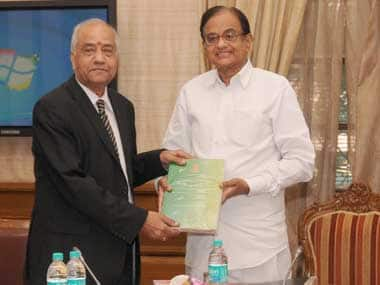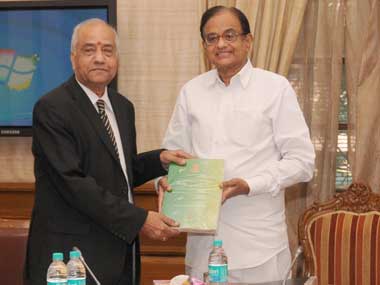The government-appointed Financial Sector Legislative Reforms Commission (FSLRC) has proposed an Indian Financial Code Bill 2013 to create a unified financial regulator and bring about reforms in financial sector regulations. To know more read here . Among the various proposals made by the commission, one proposal which will impact you the most as a consumer deals with consumer protection.
The FSLRC report said, “The work of the commission in the field of consumer protection marks a watershed compared with traditional approaches in Indian financial law. It marks a break with the tradition of caveat emptor, and moves towards a position where a significant burden of consumer protection is placed upon financial firms.”
As per the draft code, there will be certain basic rights for all financial consumers. In fact, for the unsophisticated consumer, the draft code proposes additional set of protections.[caption id=“attachment_678048” align=“alignleft” width=“380”] Chairman, FSLRC, Justice BN Srikrishna presenting the Report of the Commission to the Finance Minister P Chidambaram, in New Delhi on 22 March 2013. Image courtesy PIB[/caption]
Chairman, FSLRC, Justice BN Srikrishna presenting the Report of the Commission to the Finance Minister P Chidambaram, in New Delhi on 22 March 2013. Image courtesy PIB[/caption]
Here’s a quick list of basic protections you could expect in the future:
1. Financial service providers must act with professional diligence.
2. Protection against unfair contract terms.
3. Protection against unfair conduct.
4. Protection of personal information.
5. Requirement of fair disclosure.
6. Redress of complaints by financial service providers.
The additional protections proposed for the unsophisticated consumer are as follows.
1. The right to receive suitable advice.
2. Protection from conflicts of interest of advisors.
3. Access to the redress agency for redress of grievances.
To ensure that optimal amount of protection is given to the consumer, the draft proposes to give regulators-the RBI for banks, and the Unified Financial Agency for the rest-a certain set of powers. However, the regulator will have to comply with a proposed set of principles which will guide the regulator while using the power.
The proposal says: “This framework of rights-powers-principles will shape the drafting of regulations. Once this has been done, regulators are obliged to undertake supervisory actions to verify that regulations are being complied with. This goes along with enforcement and disciplinary actions.”
Compared to the present Indian practices, this regulatory and supervisory strategy is expected to work in favour of the consumer.
For consumers who are not satisfied by with the regulators’ resolutions for their complaints, the consumer can approach the Financial Redress Agency (FRA), which will be a single unified agency spread across all sectors to look into the complaints of aggrieved consumers.
The report also said, “The commission has envisaged a detailed mechanism for better cooperation between financial regulators and the Competition Commission through which there is greater harmony in the quest for greater competition.”
If the bill is passed and becomes law, it could tilt the field in favour of consumers.
)